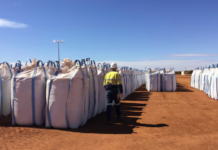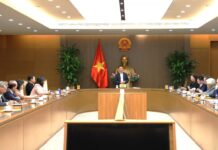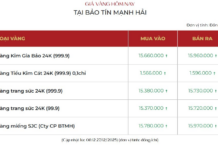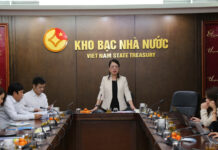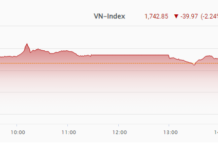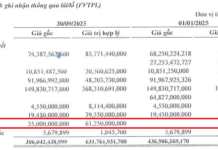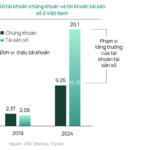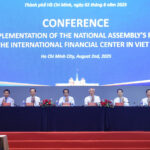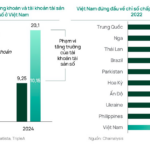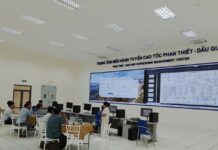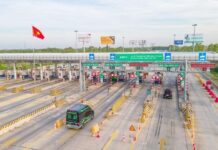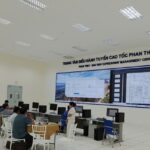Vice Prime Minister Tran Hong Ha Chairs a Meeting on Amending Land-Related Regulations
On the afternoon of August 5, Vice Prime Minister Tran Hong Ha chaired a meeting with relevant ministries and connected via videoconference to 17 provinces and cities to discuss amendments to regulations on land use fees, land rent (Decree 103/2024/ND-CP), and the Land Development Fund (Decree 104/2024/ND-CP).
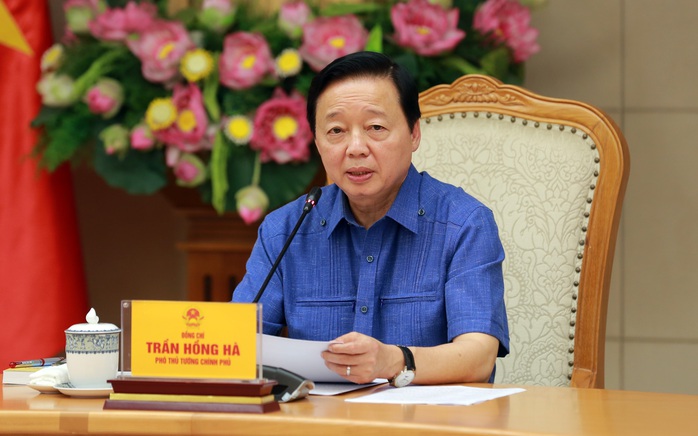
Vice Prime Minister Tran Hong Ha gives directions at the meeting. Photo: VGP
According to the Vice Prime Minister, the 2024 Land Law was developed with a listening spirit and a focus on grassroots levels, and it has undergone significant amendments. However, during the implementation process, many localities faced difficulties, especially regarding land-related finances.
He pointed out that the promulgation of bylaws lacked specificity and clarity, leading to inconsistent organization and implementation across localities, especially considering varying socio-economic conditions and unique circumstances. The implementation process was also inflexible and inadequate.
Therefore, amending the regulations in Decree 103 and Decree 104 is necessary to meet practical demands.
Reporting at the meeting, Deputy Minister of Finance Bui Van Khanh stated that the content of Decree 103’s amendments and supplements includes six major groups, including issues related to land use fee calculations and land rent…
During the meeting, delegates discussed issues with differing opinions regarding the amendment and supplementation of Decree 103, as well as the proposed solutions from the Ministry of Finance. Specifically, they agreed on the level of additional fees and the timeframe for calculating these fees, as proposed by the Ministry of Finance.
Vice Prime Minister Tran Hong Ha emphasized the importance of having a clear basis for calculating the additional fees and a specific timeframe for collection, clearly delineating the responsibilities of the state and enterprises, ensuring fairness, and providing relief to businesses while preventing waste.
Regarding land use fee calculations when converting agricultural land to residential land, the Vice Prime Minister noted that, according to local feedback, land prices have increased drastically, resulting in significantly higher fees for people compared to before.
Therefore, he requested a distinction between those who use land for legal production and business purposes and those who speculate or leave the land uncultivated or delay project implementation. For first-time homeowners, the calculation should consider their payment capabilities and ensure practical access, especially in rural and disadvantaged urban areas.
Based on the general framework set by the Government, the Provincial People’s Councils will determine the subjects and levels of collection for those converting land use purposes for the first time, as well as the difference between within and beyond the limit when converting land use purposes. In addition, localities can apply policies to exempt or reduce land use fees for policy beneficiaries, such as ethnic minorities, the poor, people with meritorious services, and those residing in difficult areas, similar to current policies.
The Ministry of Finance also proposed solutions for calculating land use fees and land rent during the transition period in cases where the competent state agency recalculates and there is an increase in land use fees or land rent compared to the previously notified amount.
Additionally, they addressed the handling of compensation, support, and resettlement funds (for investment projects with multiple land use forms and cases where the competent state agency decides on land allocation according to the progress of the investment project, land retrieval progress, and compensation, support, and resettlement)…
“Asia’s Leading Blockchain Event: ‘Instead of Dubai or Singapore, I Want Them to Come to Vietnam’”
As GM Vietnam 2025 officially kicked off at the National Convention Center in Hanoi in the first week of August, little did anyone know that the master director behind the scenes was a young and dynamic individual: Nguyen Ngoc Son Quynh (Jenny Nguyen, 27 years old) – the Operations Director at Kyros Ventures and Coin68.
Who Will Be Vietnam’s Next Billionaire?
The new generation of Vietnamese billionaires could very well be coding away in a 24/7 cafe. In a country brimming with entrepreneurial spirit, the next big success story could be brewing amongst the caffeine-fueled coders and innovators.
Tokenizing Real-World Assets: Dragon Capital Proposes Pilot with ETFs
The Vietnamese economy has witnessed remarkable growth over the past few decades, resulting in a significant surge in household wealth and a heightened demand for more diverse investment options. Notably, digital assets have captured the interest of individual investors seeking to diversify their portfolios and embrace higher risk for maximum asset growth.
The Prime Minister’s Command: ‘Victory is Non-Negotiable’
“In directing the development of Vietnam’s International Financial Center, Prime Minister Pham Minh Chinh emphasized the importance of thinking big, innovating, and harnessing the power of the people and businesses. With a resolute attitude, he asserted, “Our strength lies in our bold vision, our drive for innovation, and the unity of our people and enterprises. When we strive together, victory and success are inevitable.”
The Digital Asset Advantage: Why More Vietnamese Investors are Choosing Crypto Over Stocks
The Vietnamese stock market has witnessed an influx of new investors from 2020 onwards, yet the number of accounts pales in comparison to the digital asset market.


